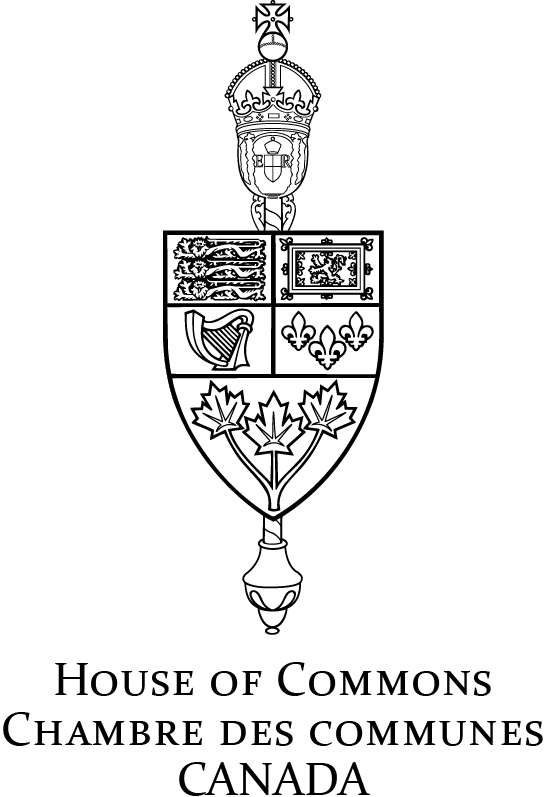SDIR Committee News Release
If you have any questions or comments regarding the accessibility of this publication, please contact us at accessible@parl.gc.ca.
Subcommittee on International Human Rights of the Standing Committee on Foreign Affairs and International Development |  | Sous-comité des droits internationaux de la personne du Comité permanent des affaires étrangères et du développement international |
For immediate release
NEWS RELEASE
Statement on the treatment of peaceful demonstrators in Nigeria
Ottawa, December 11, 2020 -
On 6 and 19 November 2020, the Subcommittee on International Human Rights heard that Nigeria is faced with numerous internal hardships that pose a grave threat to the human rights of Nigerians. While some of these challenges are outside of the government’s control, others are a direct result of its actions. In recent months, the government-controlled Special Anti-Robbery Squad (SARS) has become a symbol of this reality.
Witnesses informed the Subcommittee that SARS officers have been operating in the country with impunity for years. The agency’s name has become synonymous with extortion as well as police brutality in the form of killings, torture and other forms of inhuman or degrading treatment.
On October 3, 2020, a video surfaced of SARS officers brutally killing a young man and leaving him for dead. The brazen acts shocked a public already troubled by the controversial police unit.
As a result, #EndSARS began trending on social media and became a rallying cry for Nigerians. According to witnesses, tens of thousands took to the streets across Nigeria to protest police brutality and to demand reforms. While most states in the country have hosted at least one protest, the largest demonstrations have been in the city of Lagos.
Unfortunately, but not uncharacteristically, Nigerian military and police agencies have responded with force. The Subcommittee was informed that on October 20, 2020, their acts reached a new low. A group of Nigerians peacefully demonstrating as part of the #EndSARS were gunned down with live ammunition at the Lekki toll gate in Lagos, leaving at least one dead and a dozen injured.
Now being remembered as Black Tuesday, that day’s events showed the world what many Nigerians already knew – that freedom of assembly and expression in Nigeria can be costly.
In transitioning from military rule to a democracy over the past 20 years, Nigeria had been a beacon of hope in a region mired in conflict. In this context, freedom of assembly and expression should be upheld and protected, not restrained and suppressed.
The Subcommittee reminds the Government of Nigeria that Nigeria is a signatory to the African Charter on Human and People’s Rights, the Universal Declaration of Human Rights and is a party to all core international human rights treaties.
After hearing testimony from witnesses, including a survivor of Black Tuesday, the Subcommittee calls on the Government of Nigeria to live up to its regional and international human rights obligations. As such, the Government of Nigeria should condemn all forms of police brutality. It should also ensure that police and military personnel receive proper training to ensure they have the tools to de-escalate, arrest and detain while upholding the human rights of all citizens.
The Subcommittee also encourages the Government of Canada to work with the international community to help the Government of Nigeria establish a process for independent and credible investigations of all forms of police brutality in Nigeria. The Government of Nigeria should also establish a mechanism to compensate Nigerians whose human rights have been violated by police officers.
- 30 -
|